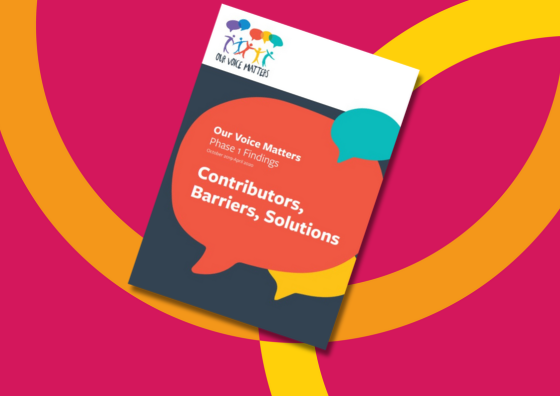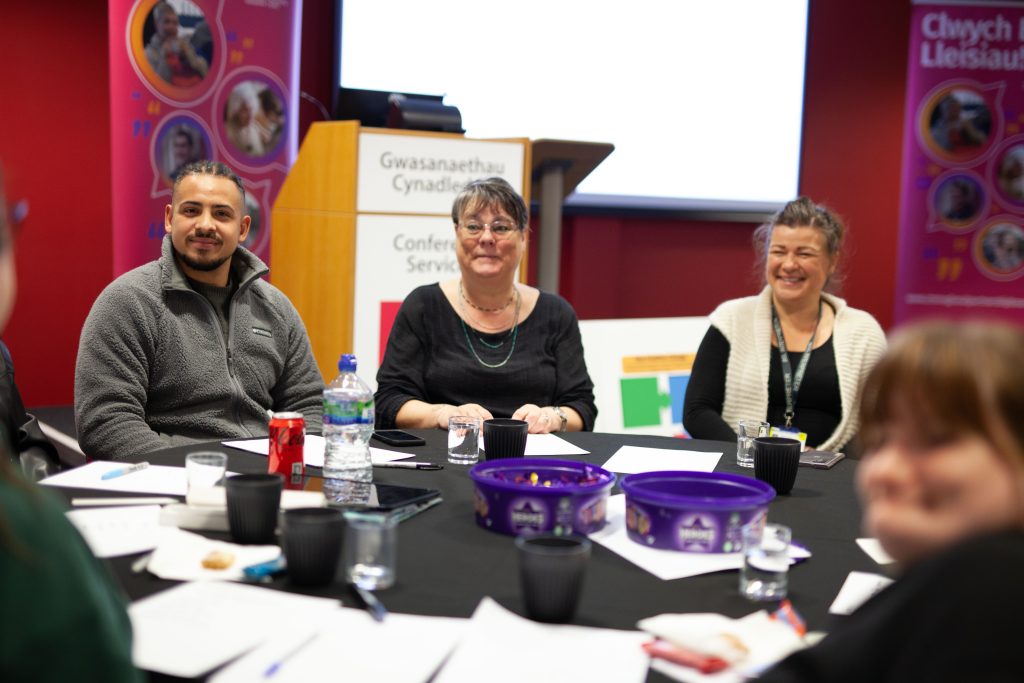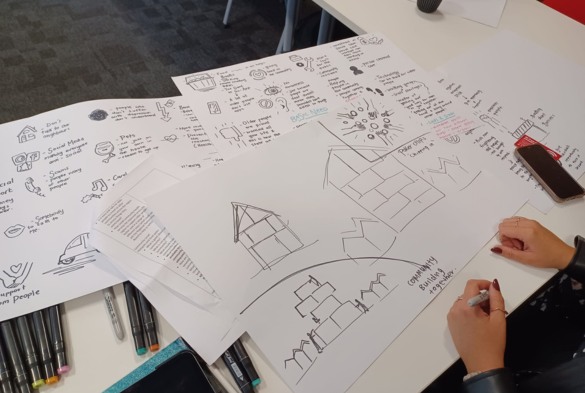
Population Needs Assessment
We have identified key priorities for our communities in our Population Needs Assessment. Here we explain how we worked with communities to identify these.
Read more
Regional Area Plan
Our Regional Area Plan outlines the steps taken to improve services and support.
Read more
Regional Area Plan (Easy Read)
An Easy to Read version of our Regional Area Plan is available here.
Read more
Contributors, Barriers and Solutions to Co-Production
The report Our Voice Matters shows the contributors, barriers and solutions to co-production.
Download here
Co-producing in a crisis
Co-Production In a Crisis: Valuing the Voices of Cwm Taf Morgannwg through the Covid-19 Pandemic'. The report, developed by the Our Voice Matters project, shares examples of good practice and recommendations for embedding co-production in projects
Download here
All Wales Dementia Care Pathway of Standards
Improvement Cymru, together with people living with dementia, carers health and social care professionals, have created a set of 20 mandatory standards that are focused on improving dementia services.
Read more













